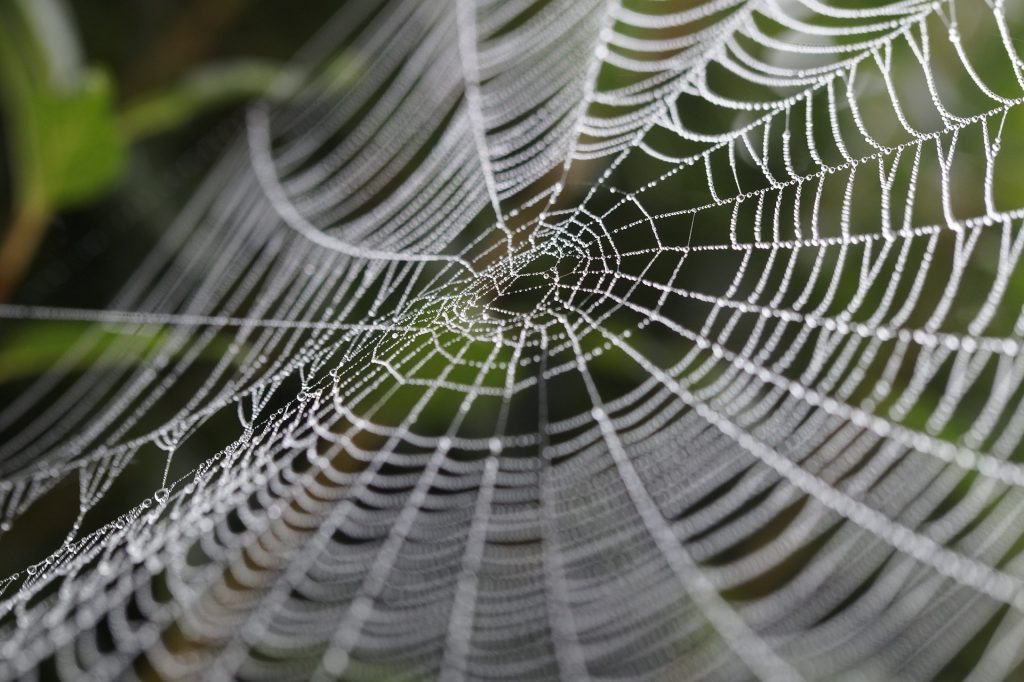Introduction
Learning a new language comes with its own set of challenges, one of the most common being the presence of words with multiple meanings. This issue isn’t unique to Spanish; it happens in many languages and becomes particularly tricky when these words are used in everyday, colloquial contexts. To illustrate this, today we will delve into the complexities of the Spanish verb “pillar.”
Catching and Trapping: The Primary Meanings of “Pillar”
The origin of “pillar” centers around actions akin to “catch” or “trap.” For instance, it describes how a spider ensnares its prey in its web or how law enforcement apprehends a fleeing thief. It also extends to children playing tag, capturing the essence of pursuit and capture in various scenarios.
Pillar: A Verb with Health-related Connotations
Beyond its basic meanings, “pillar” also serves as a verb linked to health issues. It signifies contracting an illness, as in catching a cold or experiencing an accident where a vehicle collides with a person. Additionally, it denotes physical entrapment, such as catching fingers in a drawer, illustrating its versatile usage in describing unexpected physical encounters.
Pillar as Synonymous with Purchase and Love
In everyday contexts, “pillar” functions as a synonym for actions like “buying.” This usage is exemplified in phrases such as purchasing a fashionable item during a sale. Furthermore, it metaphorically refers to falling in love, capturing the emotional entanglement that arises in complex relationships.
Understanding: The Key to Mastery
Lastly, “pillar” embodies the act of comprehending or grasping something intellectually. Whether mastering a concept or unraveling a situation, this meaning underscores the importance of cognitive capture in learning and understanding.
Conclusion
Understanding the multiple meanings of “pillar” can greatly enhance your fluency and comprehension of Spanish. Whether it’s catching a cold, buying a new shirt, or falling in love, “pillar” is a versatile verb that pops up in various contexts. We hope this article has shed light on its diverse uses. For more insights, visit our Instagram account, and if you’re eager to practice your Spanish, join our classes with a complimentary 30-minute trial. Happy learning!












